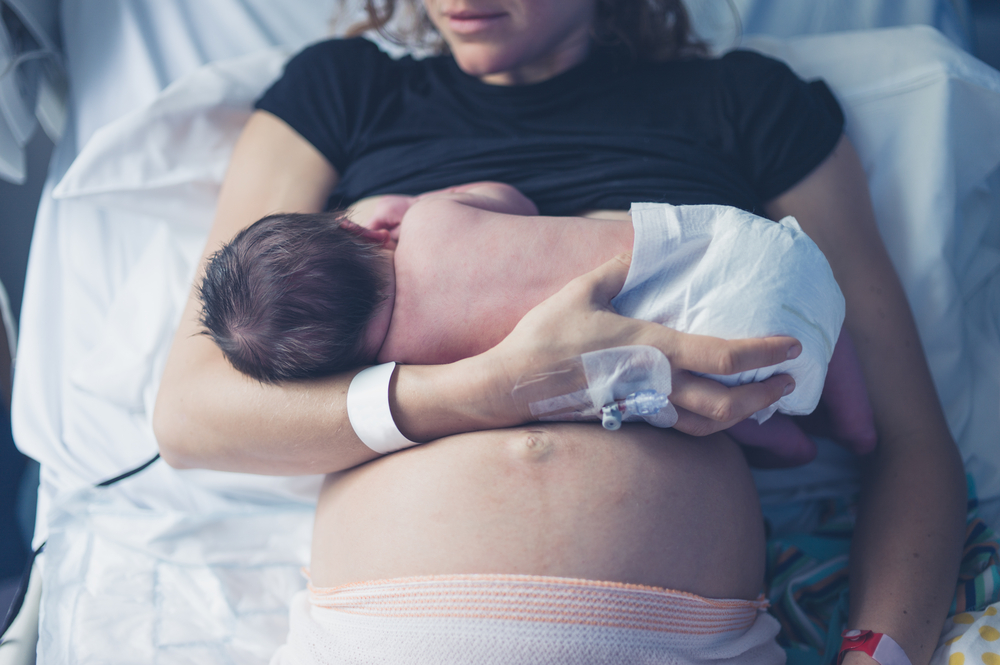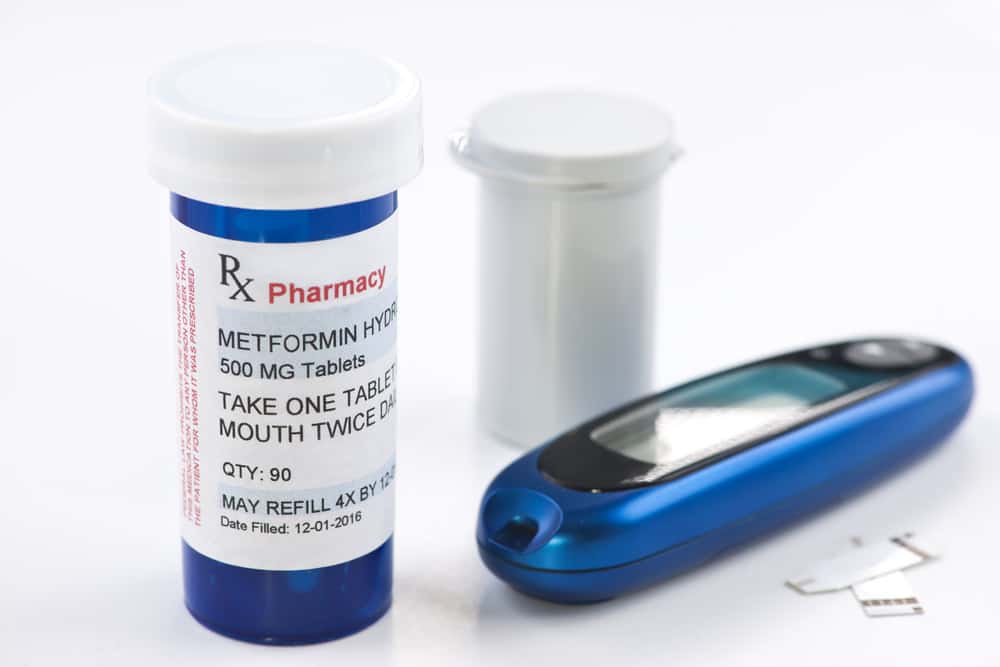Contents:
- Medical Video: Improving early child development with words: Dr. Brenda Fitzgerald at TEDxAtlanta
- Benefits of early stimulation
- What is the right early stimulation for smart children?
- 0-3 months old
- 3-6 months old
- 6-9 months old
- 9-12 months old
- 12-18 months old
- Age 18-24 months
- 2-3 years old
- Toddlers
- When is the stimulation given?
Medical Video: Improving early child development with words: Dr. Brenda Fitzgerald at TEDxAtlanta
Did you know that smart kids come from smart parents? Yes, your child's intelligence can be influenced by the intelligence of his parents. According to a pediatrician in Indonesia, Dr. Soedjatmiko, Sp.A (K), Msi, the intelligence of a child is influenced by two interrelated factors, namely heredity and environmental factors.
A child who has intelligent parents will be a smart child too if supported by adequate environmental factors, such as formal education in school. Fulfillment of a child's basic needs such as biological physical needs, affection, and early stimulation are also very influential.
The three basic needs of course must be given and fulfilled from the baby until later they will grow up to be children. Then what exactly is early stimulation? What are the early stimulations parents can provide to improve children's intelligence? Let's look at the discussion below.
Benefits of early stimulation
Early stimulation is stimulation carried out since a newborn (even preferably since the fetus is six months old) to stimulate all the sensory systems (hearing, vision, touching, smearing, and taste). Early stimulation should be done every day.
Stimulation carried out at birth continuously can spur children's intelligence in various aspects. Starting from mathematical logic, emotional maturity, communication and language skills, musical intelligence, movement, visuospatial, visual arts, and others.
The results of a study conducted by Joshua Jeong and his colleagues revealed that stimulation provided by parents can improve children's development.
What is the right early stimulation for smart children?
Early stimulation for each child varies, depending on age. The following stimulation can be given to your child according to his age.
0-3 months old
- Try to feel comfortable, safe, and fun for babies. For example by hugging, holding, looking into the eyes of the baby.
- Invite the baby to smile, talk.
- Sound various sounds or music alternately.
- Hang and move striking colored objects in front of the baby.
- Roll the baby to the right and left.
- Encourage the baby to lie flat on his back.
- Stimulate the baby to reach and hold the toy.
3-6 months old
- Play "Cilukba".
- Look at the baby's face in front of the mirror.
- Encourage the baby to lie flat, back and forth, and sit down.
6-9 months old
- Call the baby's name.
- Invite baby to shake hands and applause.
- Read story books.
- Stimulates the baby to sit.
- Train the baby to stand by holding on.
9-12 months old
- Repeating mentions the calls of parents and people around them such as, "Father", "Mother", or "Brother".
- Put toys in the container.
- Getting the baby to drink from a glass.
- Roll the ball.
- Train the baby to stand and walk holding on.
12-18 months old
- Scribbling exercises using colored pencils.
- Arrange cubes, blocks, and puzzles.
- Insert and remove small objects from the container.
- Play with dolls, cars, and houses.
- Practice walking without holding on, walking backwards, up stairs, kicking the ball, taking off your pants
- Encourage the baby to understand and do simple commands (for example, hold this, enter this, take it)
- Mention names or show objects.
Age 18-24 months
- Ask, mention and show body parts.
- Asking for pictures or mentioning names of animals and objects around the house.
- Invite to talk about daily activities.
- Line drawing exercises.
- Washing hands.
- Wear pants and clothes.
- Play throwing a ball and jumping.
2-3 years old
- Get to know and mention colors.
- Use adjectives and name the friend.
- Count objects.
- Putting on clothes.
- Brushing teeth.
- Playing cards, dolls, or cooking.
- Draw lines, circles, or humans.
- Practice standing on one leg (balance).
- Learn to urinate or defecate in the toilet.
Toddlers
Stimulation is directed at school readiness such as holding a pencil, writing, recognizing letters and numbers, simple counting, understanding simple commands, and independence (for example when left at school), sharing with friends, and others.
When is the stimulation given?
Stimulation should be done every time there is an opportunity to interact with a baby or toddler. You certainly can do it at any time, for example when bathing a baby, changing diapers, breastfeeding, feeding food, and others.
Stimulation so that intelligent children must be given in a pleasant atmosphere. Do not give stimulation in a hurry and by force. Don't force your will, for example when a baby wants to play something else. Negative emotional stimuli such as being angry or bored will be remembered by children, causing fear in your child. In order for children to be intelligent and well-developed, provide early stimulation with love and joy.












